If you are reading this, then you must be aware of the fact that how much important the speed and loading time of your website. Nothing is more frustrating than the website which takes ages to load, not for only users but also for Business Owners. You can lose many potential customers if your website is slow and takes more time to load then the average.
Speed affects everything from your website traffic, page views, conversions, sales and your overall reputation. Also, with the recently announced notification by Google, that it uses website loading speed as a ranking factor, the speed of the website becomes a more important topic to focus on. By making it faster, you can provide a seamless experience to your website visitors.
Before you actually start working on the tips and tricks by which you can make your Joomla Website fast in 2018, I strongly recommend you to check the current speed of your website.
And now comes the most important part for which you all here i.e. 10 fast and easiest way to speed up Joomla website in 2018. But make sure that you have backed up your website before changing anything. Enough talks, let’s dive in now.
1. Use the Latest Joomla Version
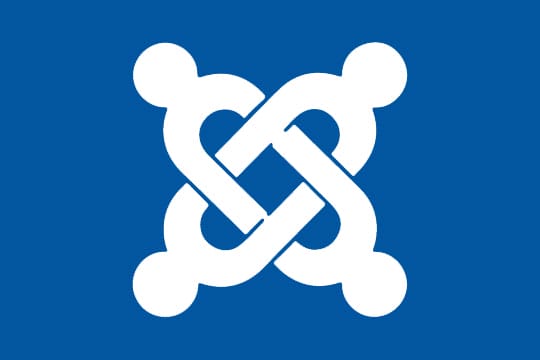
Always make sure that you are using the latest and most recent version of the Joomla CMS. With every update and the latest version released, it contains fixes like code improvements & speed enhancements.
Using the latest version of Joomla not only helps you to make your website faster but it also helps in making it more safe, secure and free of all bugs.
2. Good Company with SSD Based Web Hosting

It is one of the most important factors on which the loading speed of the website depends. Your Hosting can make your website sluggish or make it smooth loading, all depend on the quality of the hosting you are using.
In starting, many people go for the normal hosting but as the website content and traffic increase, the previous hosting is not capable of catering all the new demands and hence make the website slow. If this is also the case with you, then the best choice for you is to upgrade your web hosting plan.
Upgrading your web hosting plan is very easy and you can find many tutorials on Google and YouTube for the same. For an instance, if you are using shared hosting, you can go for VPS, Cloud or for dedicated server hosting. Either way, you will notice a significant difference in your website speed. Choosing either of the one totally depends on your business needs and the traffic you are getting on your website. We are currently hosting our site on the Cloudways cloud hosting.
Recommended for you: How to Create a Stunning Blog Using Joomla CMS?
3. Make Use of CDN
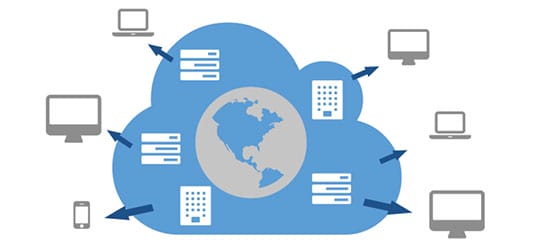
A website is only as good as its speed. Even you wouldn’t be here if this site takes ages to open up. That’s the same behavior of all the website visitors out there. If you want them to be on your site, then you must have to speed up your site and here is where the CDN comes into play.
The full form of CDN is Content Delivery Network. CDN is a distributed server system between clients, which is designed with the intent to improve the performance i.e. speed of websites. It does this by making various copies of your website and putting them in all the servers present in the CDN Network.
Whenever the user request for your website, CDN loads the data from the nearest available server from the user and hence significantly reduce the page loading time resulting in the higher user engagement rate.
There are various CDN providers which you can opt for. It will cost you for sure but it is worth the value of money. On our site, we are currently using a good but not so costly CDN service Key CDN.
4. Enable Joomla Cache
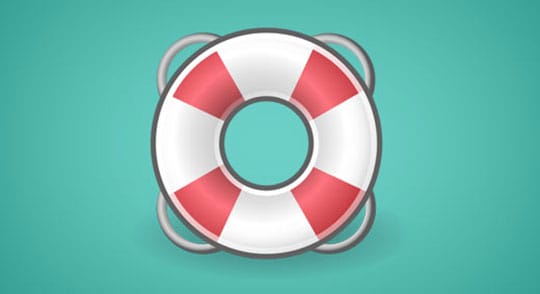
You can also go for this one of the most popular and easiest ways to speed up your website i.e. to enable Joomla Cache. By enabling you to authorize the Joomla to save a copy of your web pages to the user system for a smoothness and fast future interactions.
Joomla offers you to serve 3 types of cache: Component views, Module views, and Pageviews. You can select the ones which you required and will see the instant change in your website loading speed.
5. Optimize “.HTACCESS” File

Significant reduction in the website loading can be made by just tweaking some of the codes in “.htaccess” file like you can add some code to prevent browser to request specific image types from the server if they are already present on your PC.
The Most Widely Used Rules are as follows:
- ETag: This tag tells the browser to download the picture from your local web browser cache memory in place of a web server.
- Expires headers: This tag allows you to configure different expiration times for different types of file.
- AddOutputFilterByType DEFLATE: This tag minimizes the source code of your HTML documents by removing empty spaces, breaks, and lines.
6. Images Compression

Big image sizes can really make your site slow knowing the fact that a major section of the website contains images. So, optimizing pictures is one of the priority. It can radically decrease your page loading time and fasten your Joomla website.
You can either manually customize each image before uploading it to your Joomla website or you can use Image Compression Joomla extension like the popular EIR – Easy Image Resizer extension.
You may like: Taking a Look at 404 Errors as a Successful Joomla SEO Approach.
7. Optimize CSS & JavaScript
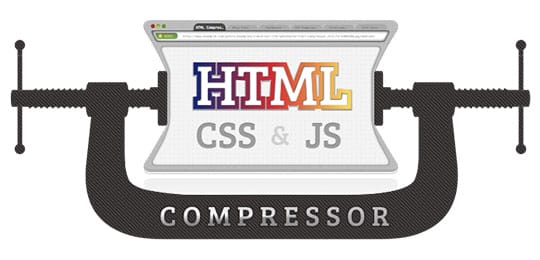
Along with the image compression, you can also optimize your JavaScript and CSS files. This can help you in improving your website performance and website loading speed. With Optimized CSS and JavaScript, Browser doesn’t have to load as many files. This decrease the total number of HTTP requests; resulting in the faster speed of the overall website.
There are various tools like JCH Optimize which help you in optimize your CSS & JavaScript files.
8. Use Speed Optimization Extension
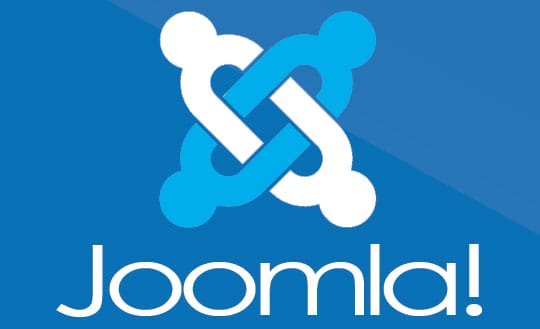
You can also take help of the Speed Optimization extension to make your Joomla Website faster. There are lots of Speed Optimization Extension available in Joomla like JCH Optimize, Speed Cache etc. Using Speed Optimization Extension is one of the easiest ways to optimize your site. All you need is to install the extension and configuration it. That’s it, now enjoy the increase in speed of the website.
9. Choose Lightweight Template

Selection of the Clean and Lightweight template can be one of the deciding factors how fast or how slow your website is going to load. If you are using templates which is heavy and contains a large number of junk codes then this is for sure that your site is going to take more than average time to load and also doesn’t perform well in SERPs. Speed is one of the most important aspects of your website.
Having a fast-loading and mobile-friendly site will always benefit your customers to get solutions and answer their questions rapidly. Selecting a well-optimized Joomla template can fetch you in more visitors. Even one second of slowness would make you lose your possible customers.
If you want some clean, lightweight and free Joomla templates then you can check out these awesome templates which have a very fast page loading time record.
10. Optimize Your Database

When you want to do everything to make your website fast and want to load it as fast it can load then this is the last thing which you can do. You can Optimize your Database table to reduce its size. Although there is not an inbuilt tool in Joomla, you can use PhpMyAdmin to optimize the database of your website. A free component like Admin Tools can also help.
You may also like: Why Your Site Still Not Ranking Even After Optimizing for Search Engines?
The Bottom Line

So, I hope that you guys the answer to the question you are looking for i.e. How to make your Joomla Website fast in 2018. If you still have any doubts then you can always leave comments; we will try to resolve it as soon as possible.
This article is written by Naveen Kumar. He is a digital marketer by profession and blogger by passion and kind by nature. If you are looking for responsive Joomla templates, Naveen has a great collection of templates at JoomDev. Apart from working on Joomla templates, he stays busy with his naughty kid Nainish and loves to convert ideas into reality. Follow him: Facebook | Twitter | LinkedIn.





